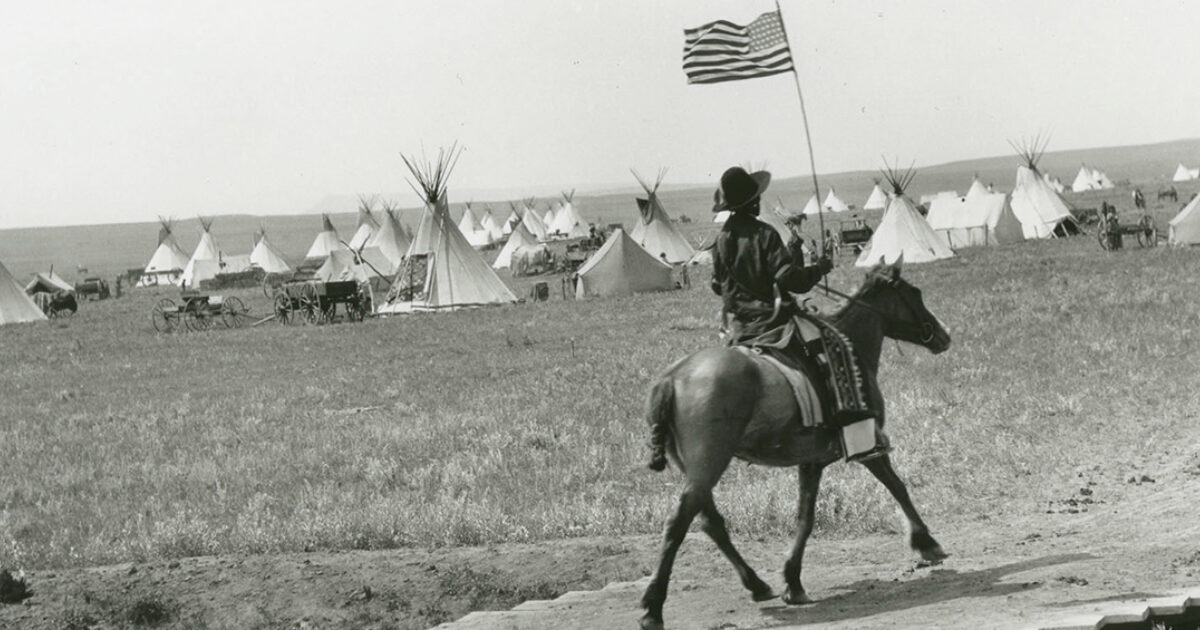Ramo -
The reparations movement is based on liability even though it seeks reparations from a broad range of people and not just the descendents of slaveowners. And what is this liability? That one group of people profited from the coercion of another group; so, the descendents of slaves owe reparations too for the same reason. Why am I repeating myself? Oh yeah, because you can't see the analogy. 
I can see how a person can inherit money from others who used coercion, but how does one "inherit coercion"?
If you stole a million and wasted it, how do your children inherit anything from you, much less coercion? If the children inherited no money because it was lost, would you argue the children are criminally and financially liable for inheriting the coercion employed by their Father?
Geez, Ramo, make up your mind. First you say they didn't inherit profit/wages (they inherited coercion), now you say they are liable for the profit/wages they inherited.
Just pointing out the problems with collecting reparations if we are to be consistent.
Because once a legal line is established, theft (which is arbitrary)can no longer alter that line.
And how will you determine who owns what without a legal line of ownership? Like you said, you can make any claim you want, but that doesn't mean squat without proof.
What contradiction? You say most if not all land was stolen in the past, and I say there's nothing we can do about that without a legal (and obviously, moral) line of ownership. And in the absence of such a line, the best we can do is start one.
Then it's a meaningless assumption.
So what is your response?
I don't, but the same standard applies, besides, you're wrong about the Homestead Act, all people had to do was settle the land, not pay for it except with their commitment to live their. This notion that corporations and only the rich grabbed up all or most of the land is false.
That didn't happen under the Homestead Act.
Yeah, right, corporate farms were given most of the land 150 years ago and small family farmers started buying up their land. Oh wait, what's this about tenant farmers? Can you keep this to what we were discussing without shifting to another issue?
Yup, this area was settled long before the Homestead Act.
Not if the two people who originally fought over the land are long gone and no line of ownership exists. You've added an "if" to my argument...but assuming you paid out of your labor for the land you call home, it might as well NOT belong to someone else. But you can show your sincerity, go out and buy some land and just give it to someone else, and then do it again, and again...
Then your complaint isn't important practically. So, how would you divy up all the land now given your assumption that most, if not all land, rightfully belongs to people you can't find because the legal line has disappeared?
Why do you think there's a liability at all?

Whether or not their descendents did anything is immaterial, and not an appropriate analogy. Liability is due to inheriting the coercion and not due to the profits gained from the coercion.
I again reference analogies involving the slave dirt farmers and stealing a million dollars but investing that money poorly.
Why? They inherited the wages their ancenstors didn't have to pay for the coercively acquired labor (assuming the estate is large enough). And that's what they'd be liable for.
1. I thought you accepted the premise as true. Are you saying that you no longer do?
Why?
And can I say I own the entire world, and would that make that claim permanently legitimate? Since, as I have been saying, there has been a long history of state-sponsored "theft" nearly everywhere.
What I want or don't want is not important to the argument, as it is simply exposing a philosphical contradiction.
Why? That's the whole point of making an assumption - I don't have to prove it.
I intended to write "Even if the land you own in Kansas was never considered the moral rights of Amerindians.."
Ok, then imagine that you lived in the Western half.
Yes it is, when rich speculators get to seize most of the land in the country.
In 2003, maybe. What about in the late 19th century? I'd bet that there were lots of tenant farmers.
Do you know that with any certainty?
Sure it does. The moral claim of ownership in a capitalist system is entirely based upon the principle of voluntary exchange since it was first settled. If that wasn't the case, I don't have a legitimate claim to the land in the first place. And it might as well belong to someone else.
It's not important practically as capitalist property rights aren't important practically.


 I've never heard anyone seriously say that feudalism is socialist.
I've never heard anyone seriously say that feudalism is socialist.




Comment